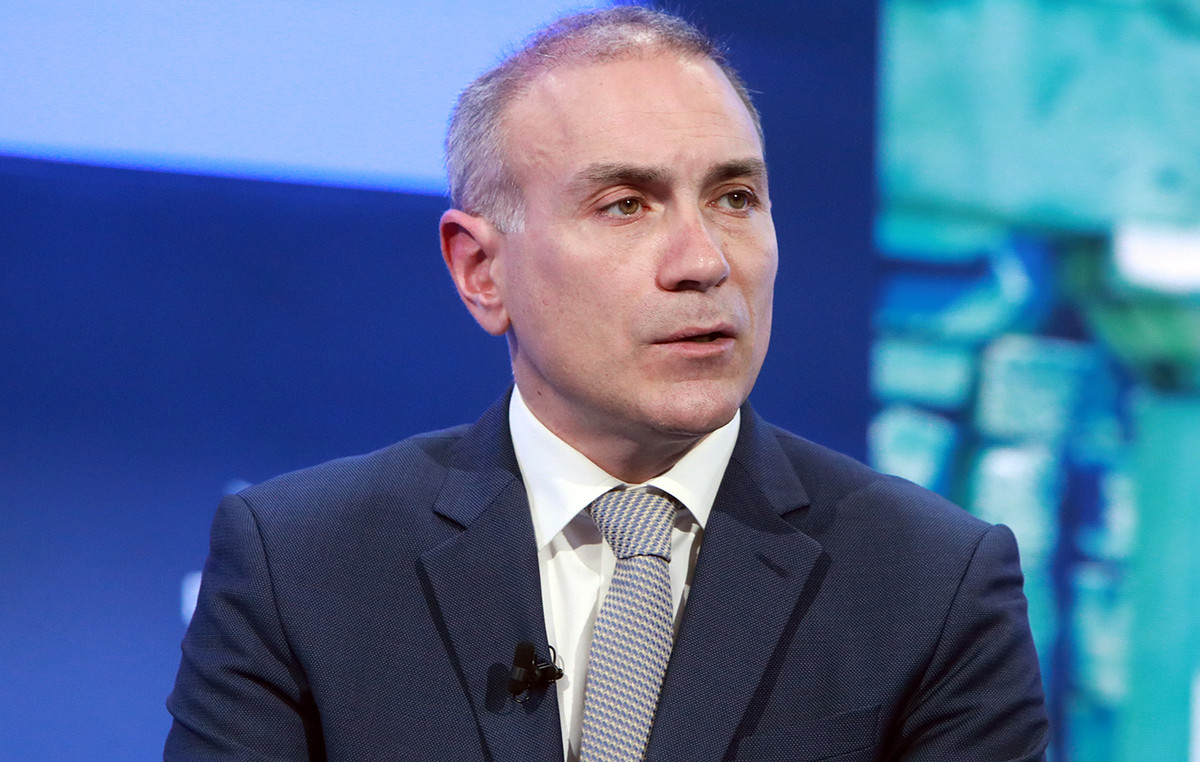Brazilian cities from different regions had a high incidence of flu cases in recent weeks.
According to a survey carried out by CNN, four states face an epidemic or outbreak of the disease: Rio de Janeiro, Espírito Santo, Rondônia and Rio Grande do Norte. Two others, Rio Grande do Sul and Amazonas, are on alert.
The Influenza virus, which causes the disease, has a seasonal characteristic: it circulates throughout the year, in different regions of the world, with a predominance in the autumn and winter months. In an interview with CNN this Saturday (18), researcher Fernando Motta, a virologist at the Oswaldo Cruz Institute (IOC/Fiocruz) stated that the low vaccination coverage against the flu contributes to the increase in cases of the disease in the country.
“This year, unfortunately, due to several factors, we had little adherence to the flu vaccination campaign. We had a number of people who took less of this booster. The virus stopped circulating in Brazil and around the world for practically a year. This makes us end up being a little more susceptible”, said Motta.
In a note sent to CNN, the Ministry of Health stated that in 2021 approximately 67.9 million doses of the flu vaccine were applied across the country. This amount represents a vaccination coverage of 71.2%, considering the campaign’s target audience.
In addition to the low vaccination coverage, the increase in cases during the month of December may be associated with the relaxation of restriction measures adopted as prevention of Covid-19 and the relaxation of the respiratory label, which includes the use of masks, hand hygiene and the social distance.
“The most important tool is to focus this transmission going forward and, of course, take care of those people who have comorbidities and those people who are more susceptible to serious illness,” said Motta.
High transmission increases mutation capacity
Influenza-type viruses have an even greater ability to mutate than the new coronavirus. Fiocruz researcher Fernando Motta claims that reducing virus transmission at this time is essential to curb the rate of viral mutations that gain momentum with the rise in infections.
When infecting a person, the flu virus starts to create numerous copies of itself in the body. According to the virologist, it is precisely in this replication process that viral mutations arise. Thus, the more individuals that are infected, the greater the chances of new versions of the Influenza virus appearing.
“The virus evolves as it infects people and replicates. At a time when we would not expect the virus to be replicating, we have to prevent the spread of transmissions as much as possible. If we have a large amount of viruses replicating in many places in the country, we are accelerating this engine to increase the virus’ capacity to vary and differentiate itself”, he explains.
According to Motta, one of the main risks of the increase in cases and the emergence of new variants is the reduction in the effectiveness of the flu vaccines that will be developed in early 2022.
Reference: CNN Brasil





